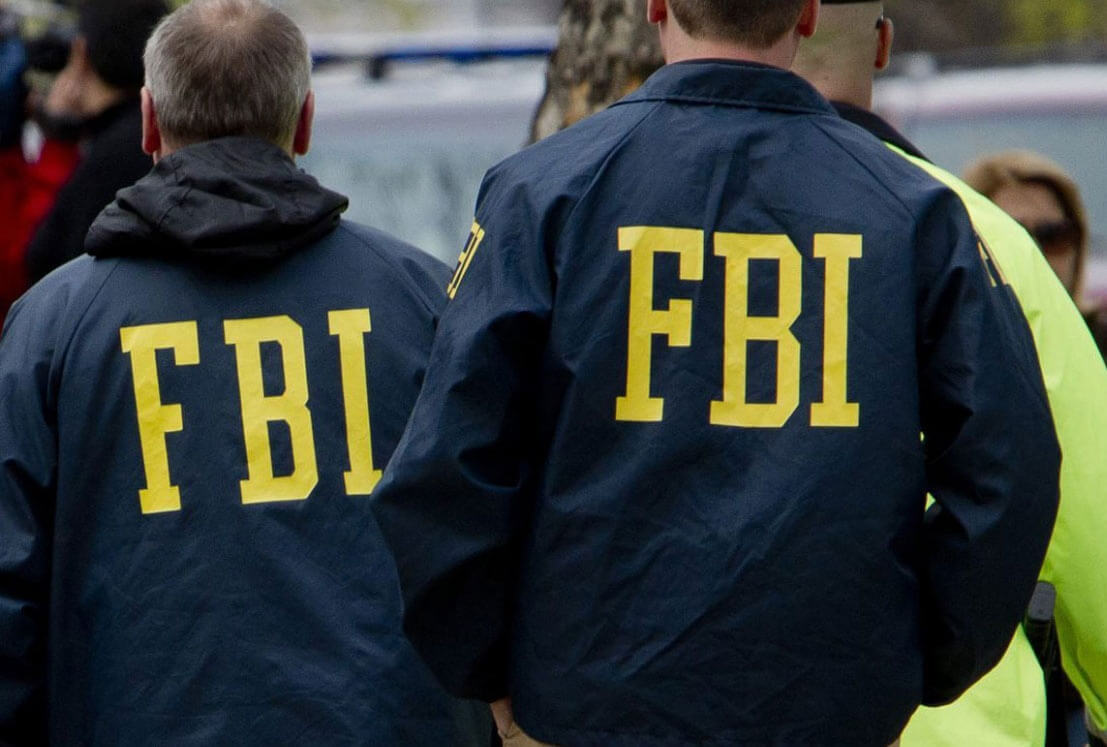Custom encrypted phones have long been used by criminal gangs as a way for members to securely communicate with each other, but law enforcement agencies are cracking down on companies that provide them. One of the most well-established sellers of the these modded Android and BlackBerry devices, Phantom Secure, has just seen its owner arrested by the FBI for allegedly helping criminal organizations that include the Sinaloa drug cartel.
As reported by Motherboard, founder and CEO of Canada-based firm Phantom, Vincent Ramos, has been charged with racketeering, conspiracy to conduct enterprise affairs, conspiracy to distribute narcotics, and aiding and abetting. The complaint alleges that the company was created specifically to aid criminals and that the "upper echelon members" of infamous groups including the Sinaloa cartel---a drug trafficking, money laundering, and organized crime syndicate---bought the phones.
The complaint says that Phantom removes the microphone, camera, GPS navigation, internet browsing, and normal messaging services from devices before selling them. It also uses Pretty Good Privacy (PGP) encryption software to keep criminals' conversations secure. FBI Special Agent Nicholas Cheviron believes there are 20,000 Phantom phones in use around the world, half of which are in Australia, earning tens of millions of dollars for the company.
Uncover agents reportedly asked Phantom if they could use its phones to securely send messages such as "sending MDMA to Montreal." The company said it was "totally fine." Most damning of all, Ramos is said to have told the sting operation's agents: "We made it---we made it specifically for this [drug trafficking] too." Furthermore, a convicted member of the Sinaloa cartel said the gang bought Phantom's phones "specifically" for drug trafficking purposes, which led to the aiding and abetting charge.
An FBI spokesperson and Ramos' lawyer declined to comment.
There are still plenty of companies that sell encrypted phones under the guise of offering extra security for individuals and companies who require it, when in reality their primary customers are gang members. But this latest incident shows that law enforcement is pushing back against those who knowingly enable crimes.
